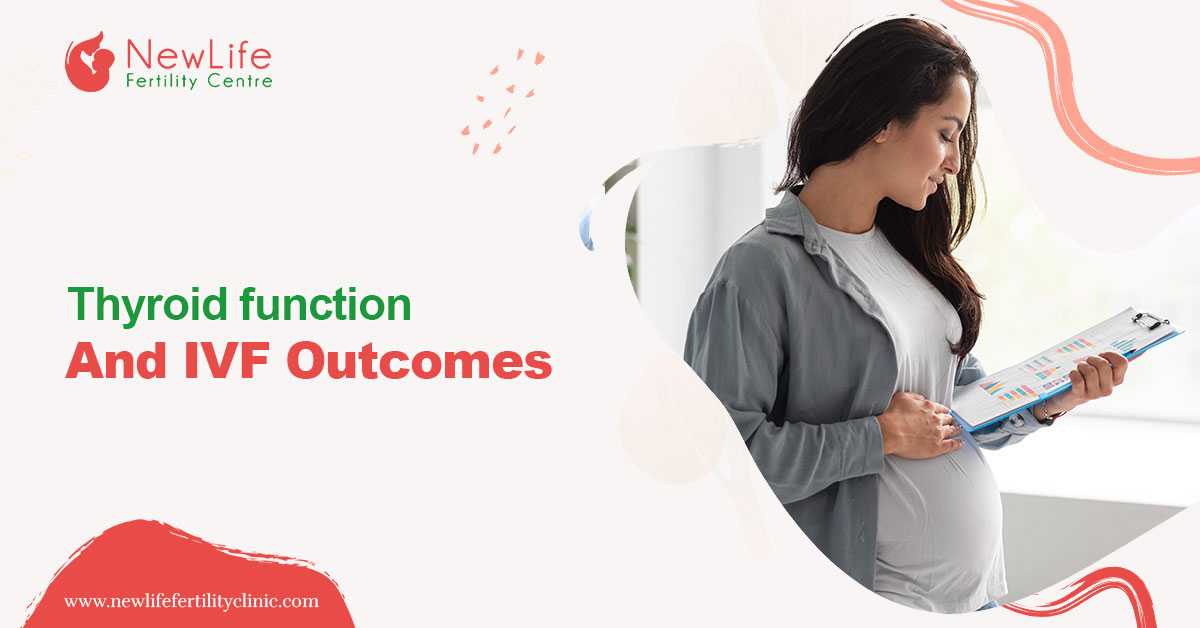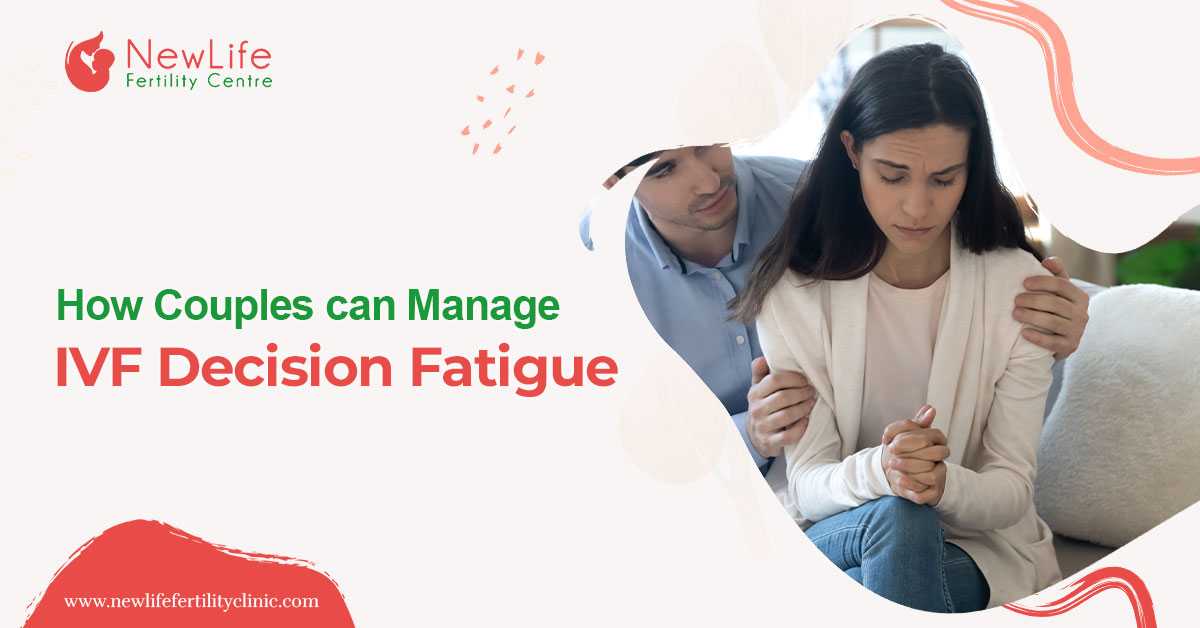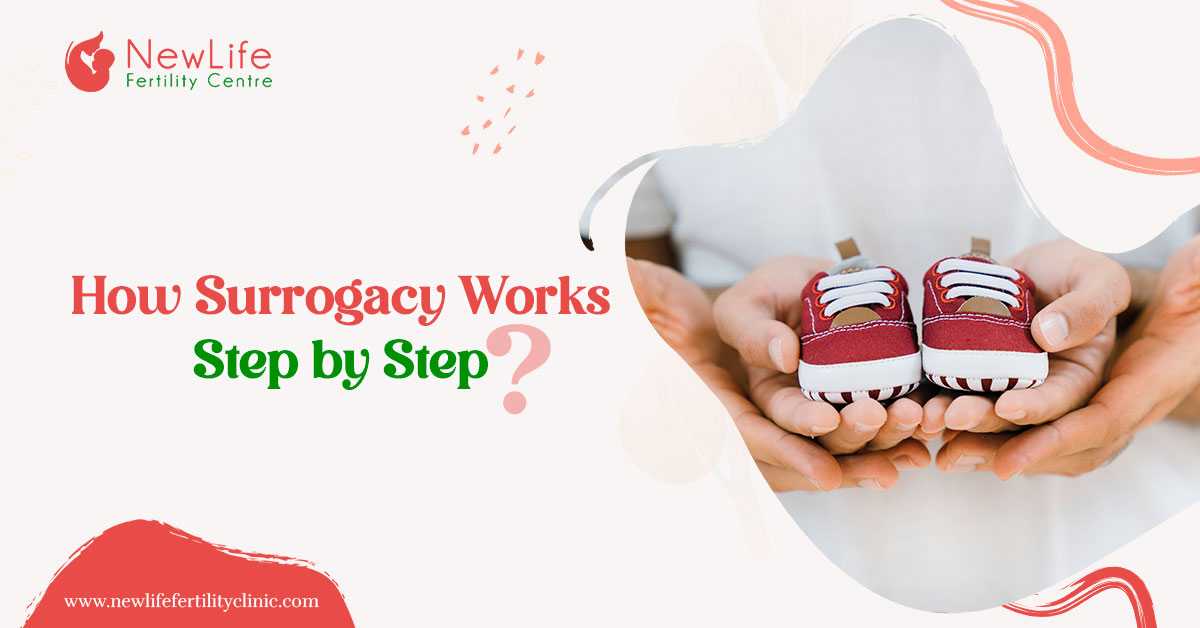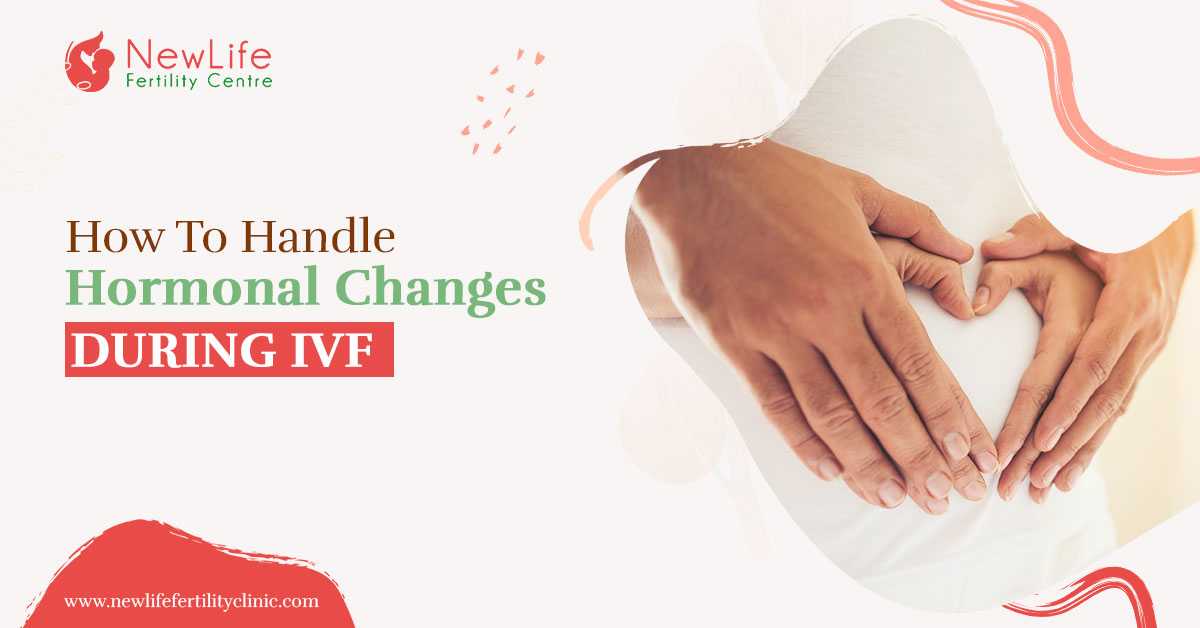In-vitro fertilization (IVF) is a remarkable advancement in reproductive medicine that helps many people worldwide fulfill their dreams of becoming parents. However, IVF is a complex process that involves a series of steps, from hormonal treatments, fertilization, and embryo transfer to pregnancy.
The IVF process can cause hormonal changes, which can sometimes be overwhelming both physically and emotionally for a woman. Don’t worry experts are there to help you manage these hormonal changes. Receive expert guidance and IVF treatment in Siliguri for optimal outcomes.
In this blog, we’ll explore the hormonal changes you can expect during IVF treatment and how they may affect you. We will also share practical tips to manage these changes and make the journey tension-free.
Understanding Hormonal Changes During IVF
Changes in hormones play a significant role throughout the IVF and after the IVF process. Let’s simplify and explain:
In the initial phase, IVF doctors prescribe medications to suppress your natural menstrual cycle and prevent premature ovulation. The most common hormones ordered by IVF doctors may involve gonadotropin-releasing hormone (GnRH) agonists or antagonists. This can lead to a decline in estrogen levels in a woman’s body.
The next phase is the stimulation phase in which follicle-stimulating hormone (FSH) or luteinizing hormone (LH) is administered by your IVF doctor to stimulate the ovaries to produce multiple eggs instead of one egg. This may lead to increased estrogen levels as the follicles mature. Some women due to an increase in estrogen levels can have bloating, mood swings, and other side effects.
A trigger shot in IVF is an injection of human chorionic gonadotropin (hCG) or a GnRH agonist, which is given to trigger the final maturation of eggs. This process in IVF can mimic the body's natural LH surge and can result in bloating, abdominal discomfort, etc.
Once egg retrieval is done, progesterone supplements or gel is prescribed. These supplements are used to prepare the uterine lining for successful embryo implantation. Elevated levels of progesterone can make you feel fatigued, lead to mood changes, and breast tenderness, etc. See your doctor today for effective IVF treatment in Siliguri city.
After embryo transfer and successful implantation, progesterone continues to rise, supporting pregnancy. However, if the IVF treatment isn’t successful, there might be a sudden drop in hormones that can lead to mood changes and feelings of loss or distraction.
There’s a popular term called pregnancy brain, in which women face forgetfulness or issues with memory during IVF treatment. If you feel overwhelmed or have symptoms that are hard to control, contact your IVF doctor in Siliguri.
Signs and Symptoms of Hormonal Imbalance After IVF Treatment
Below are some symptoms of hormonal imbalance post-IVF:
- Hormones like estrogen and progesterone have a role in mood regulation. Therefore, fluctuations in hormones are responsible for feelings of sadness, sad outbursts, irritability, etc.
- Unexpected weight gain or weight loss can be a result of hormonal shifts.
- Breast Tenderness is often a sign of hormonal changes, also common in the pre-menstrual period.
- Headaches can result from hormonal headaches, especially before or during the menstrual cycle.
- Fatigue is a common feeling as IVF is a series of processes that can make you physically and mentally tired. Plus, hormonal fluctuations are there.
- Sleep issues like insomnia or oversleeping are common signs here.
- Digestive issues like gas, bloating, and indigestion are common at this phase.
How to Handle Hormonal Changes During Your IVF Treatment
While IVF treatment can lead to hormonal changes, there are several effective ways to help you cope with and treat these side effects:
Prioritize Your Emotional Well-being
Talk to your partner, friends, parents, sisters, or any member of your family you are very close to. Don’t skip talking to a mental health expert or IVF doctor in terms of mental and emotional health support. IVF doctors will help you manage your emotions, relieve stress, and cope with possible disappointments.
Practice meditation, yoga, or breathing exercises to reduce anxiety and improve your overall emotional state of mind. These activities will keep you grounded and focused on the present.
Maintain Physical Health
It starts with eating a nutrient-dense diet, which can support your hormonal health and energy levels. Your balanced diet should contain foods that are rich in omega-3 fatty acids, lean proteins, complex carbohydrates, vitamin C and antioxidants, iron, zinc, calcium, and other emotional nutrients.
Proper hydration can reduce bloating, and digestive problems and keep you energized. Hormonal changes can sometimes cause dehydration, but with proper water/ fluid intake, you can fight it.
Strenuous exercise might be discouraged during IVF, you can practice gentle yoga, walking, etc. Take enough rest and have quality sleep to fight hormonal imbalance during IVF treatment.
The truth is not all women experience the same types of hormonal challenges during IVF. While some women may face moderate to severe hormonal imbalances, other women have mild or manageable hormonal fluctuations. Speak to your IVF specialist in Siliguri today at NewLife Fertility Centre, which offers personalized medical care to help you achieve pregnancy and enjoy parenthood.
Comments (0)







